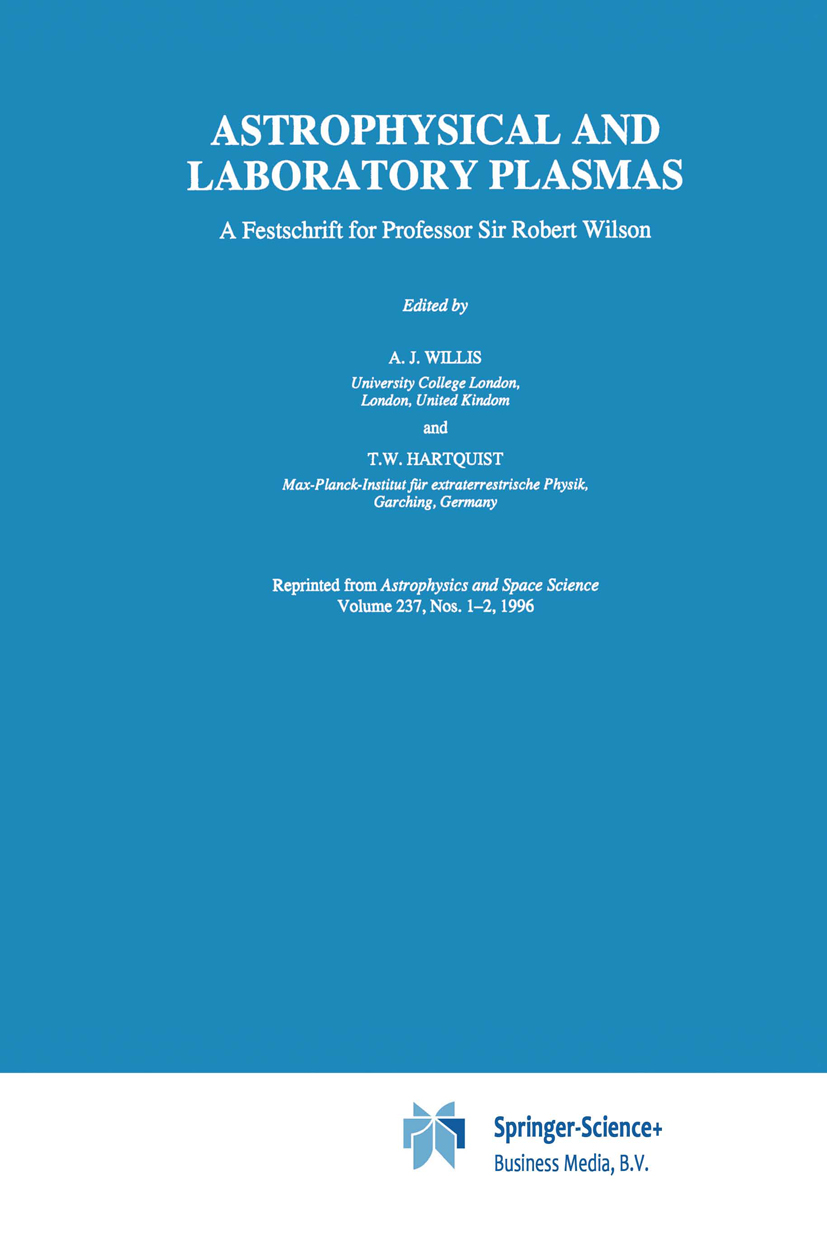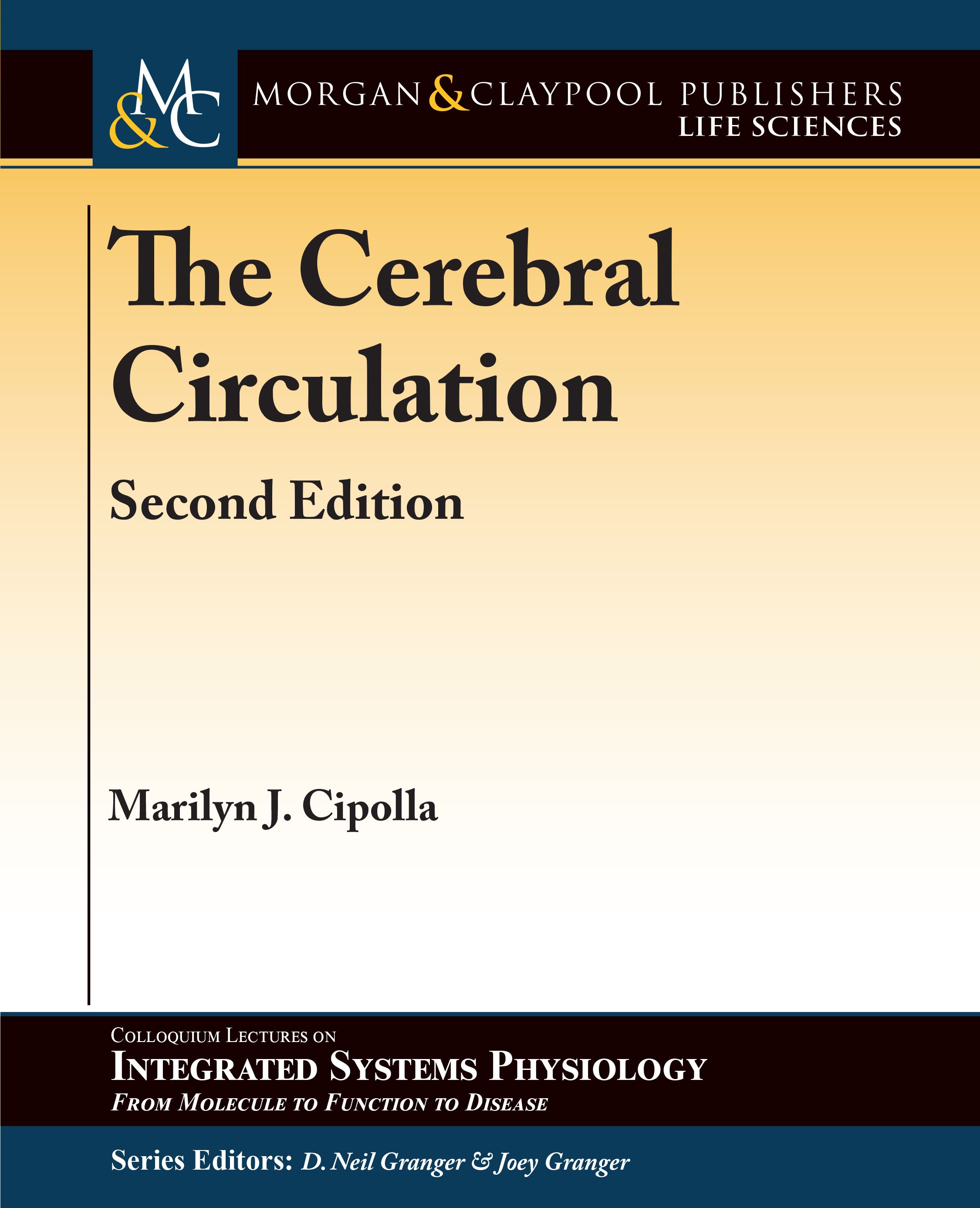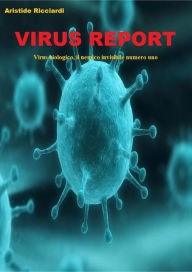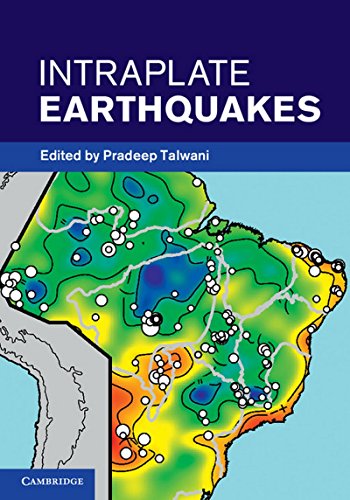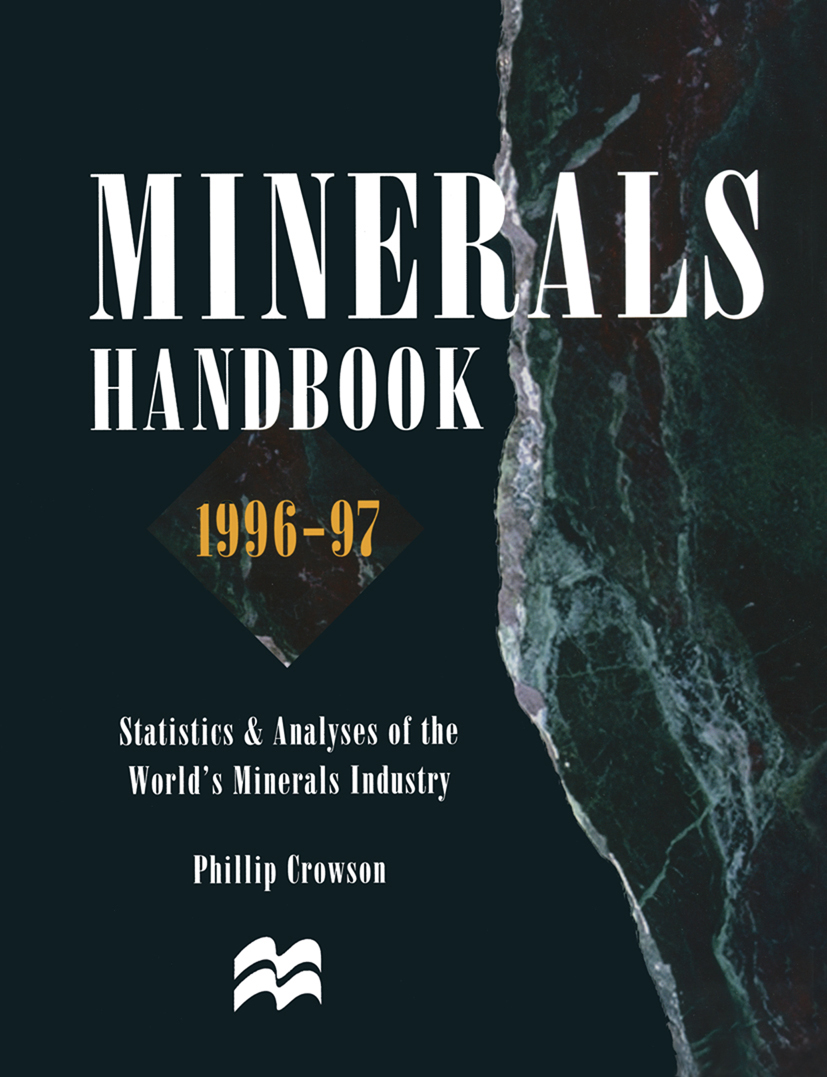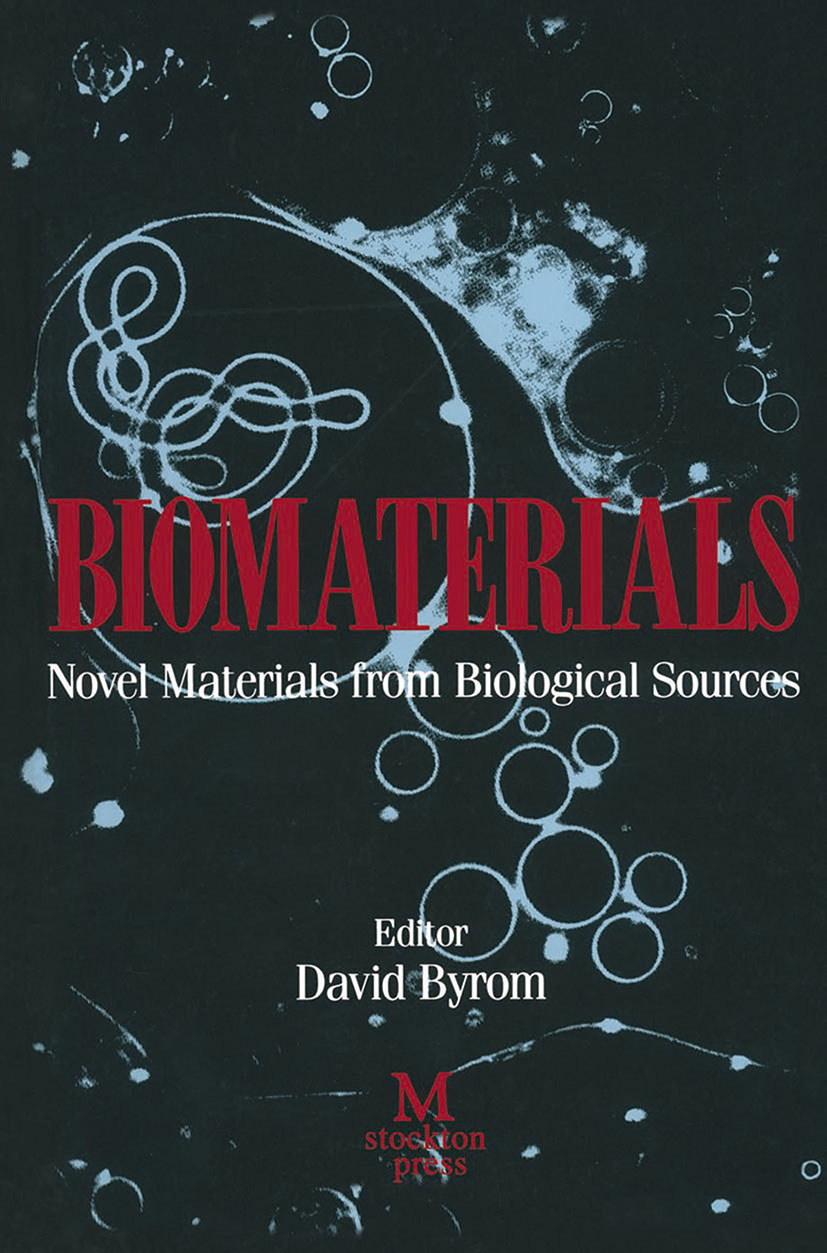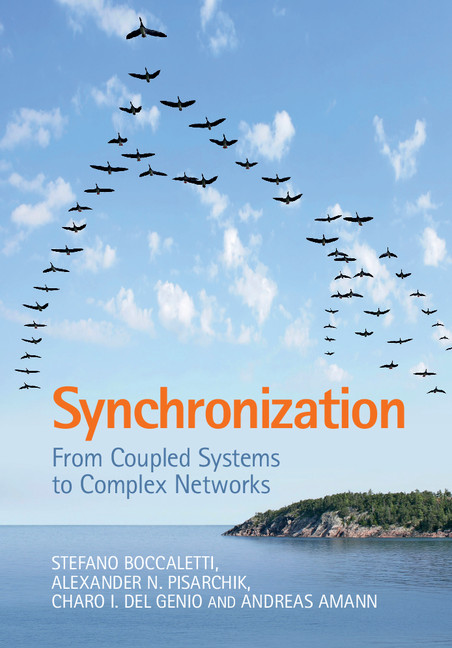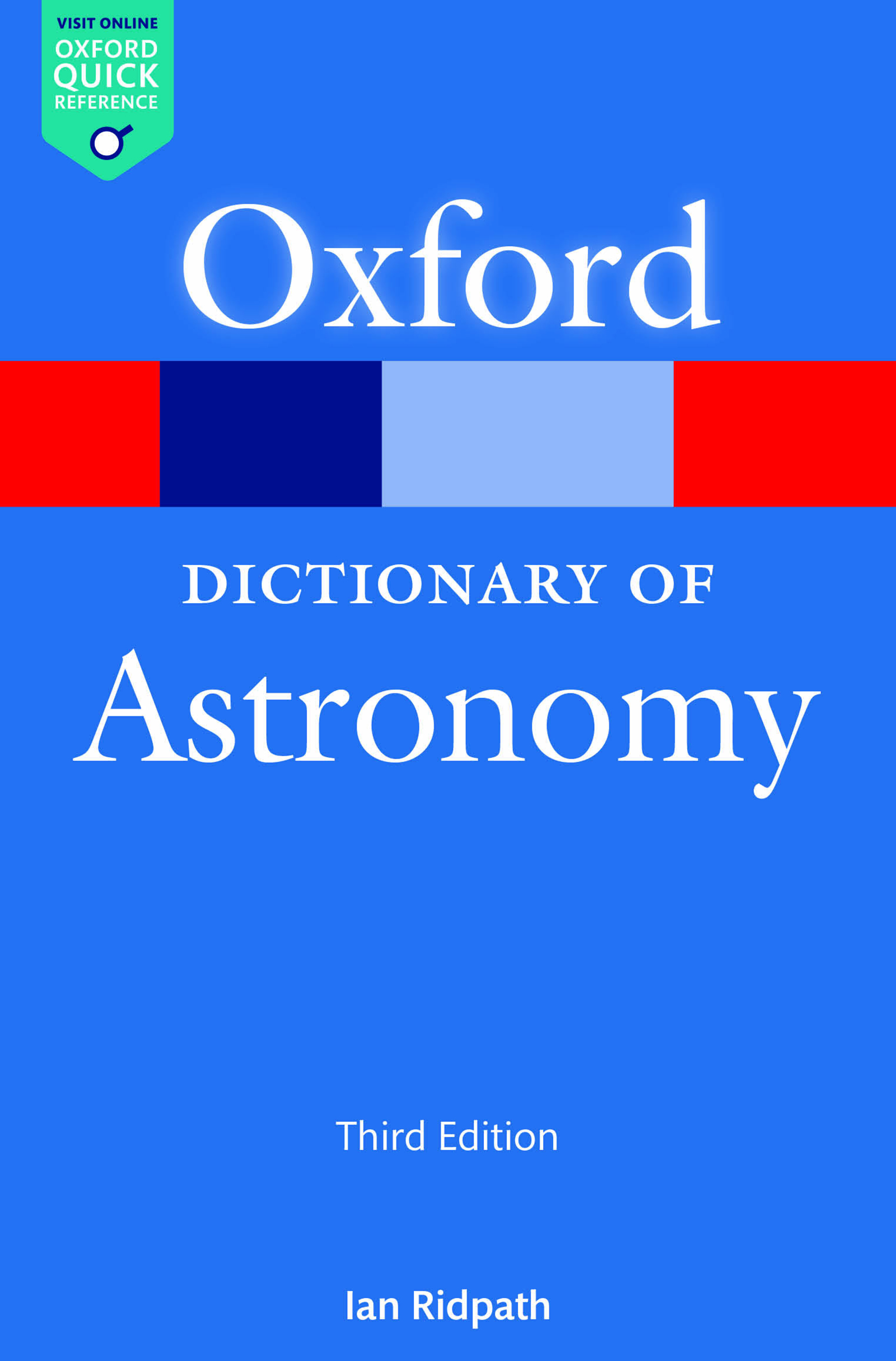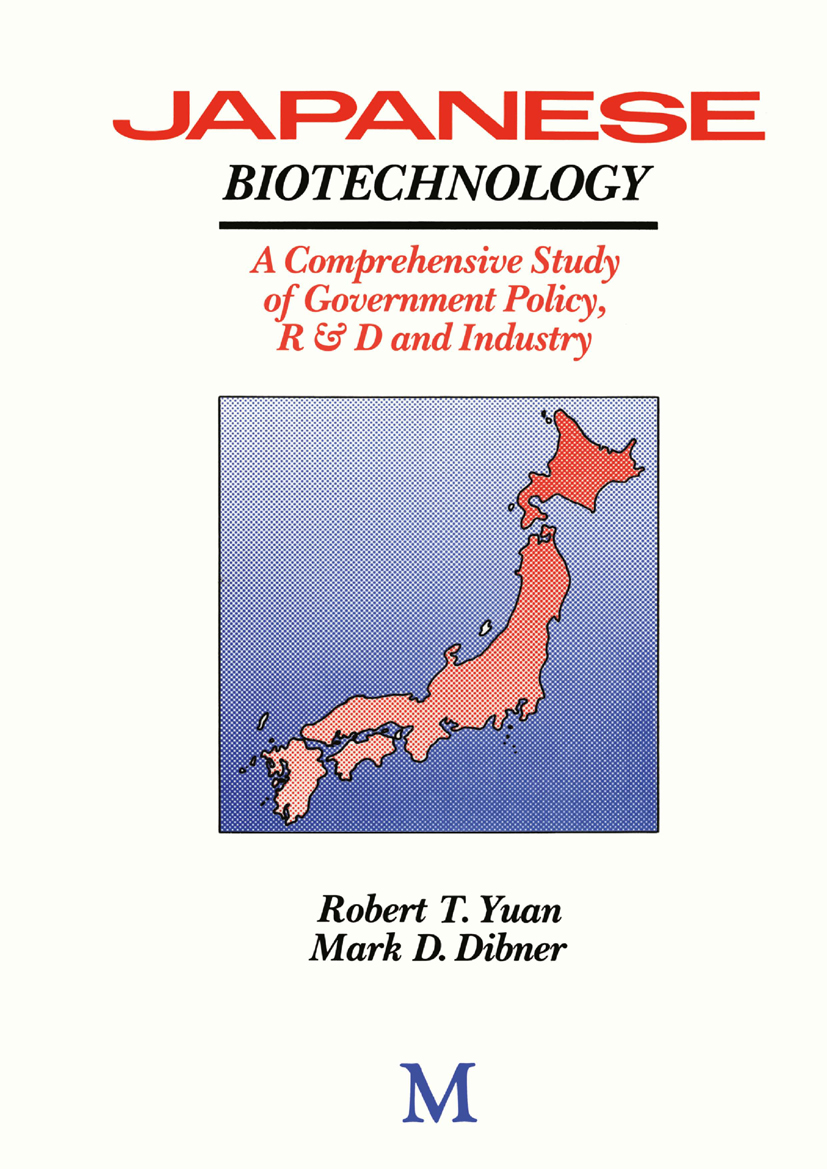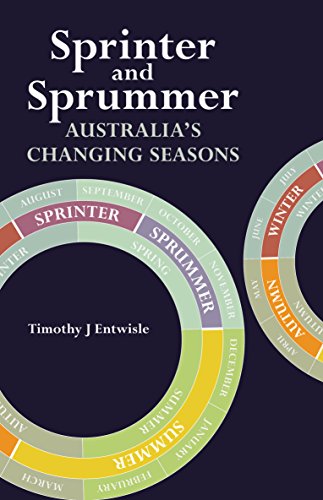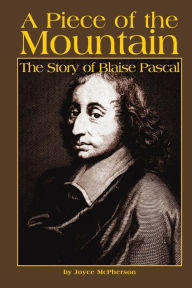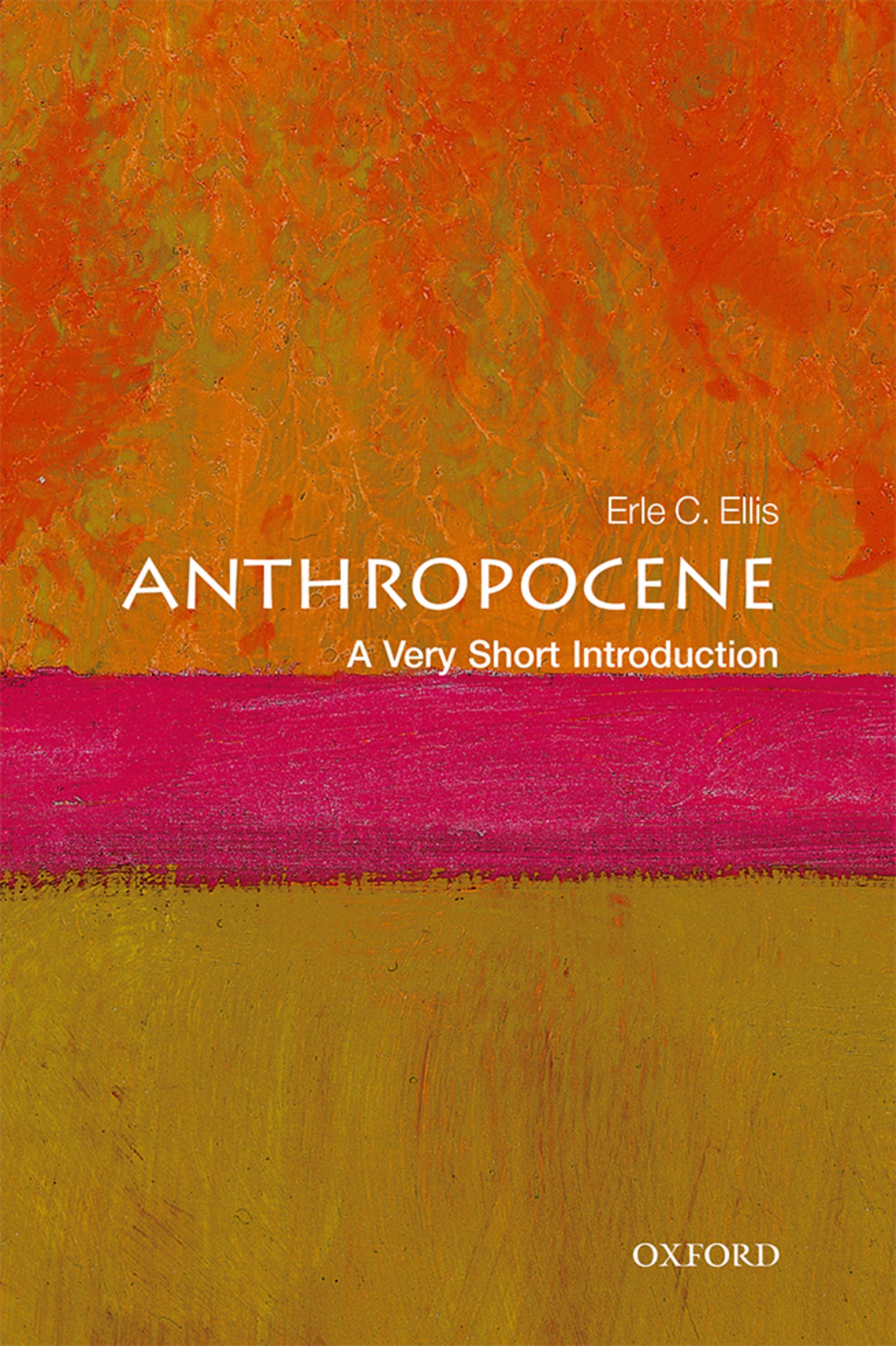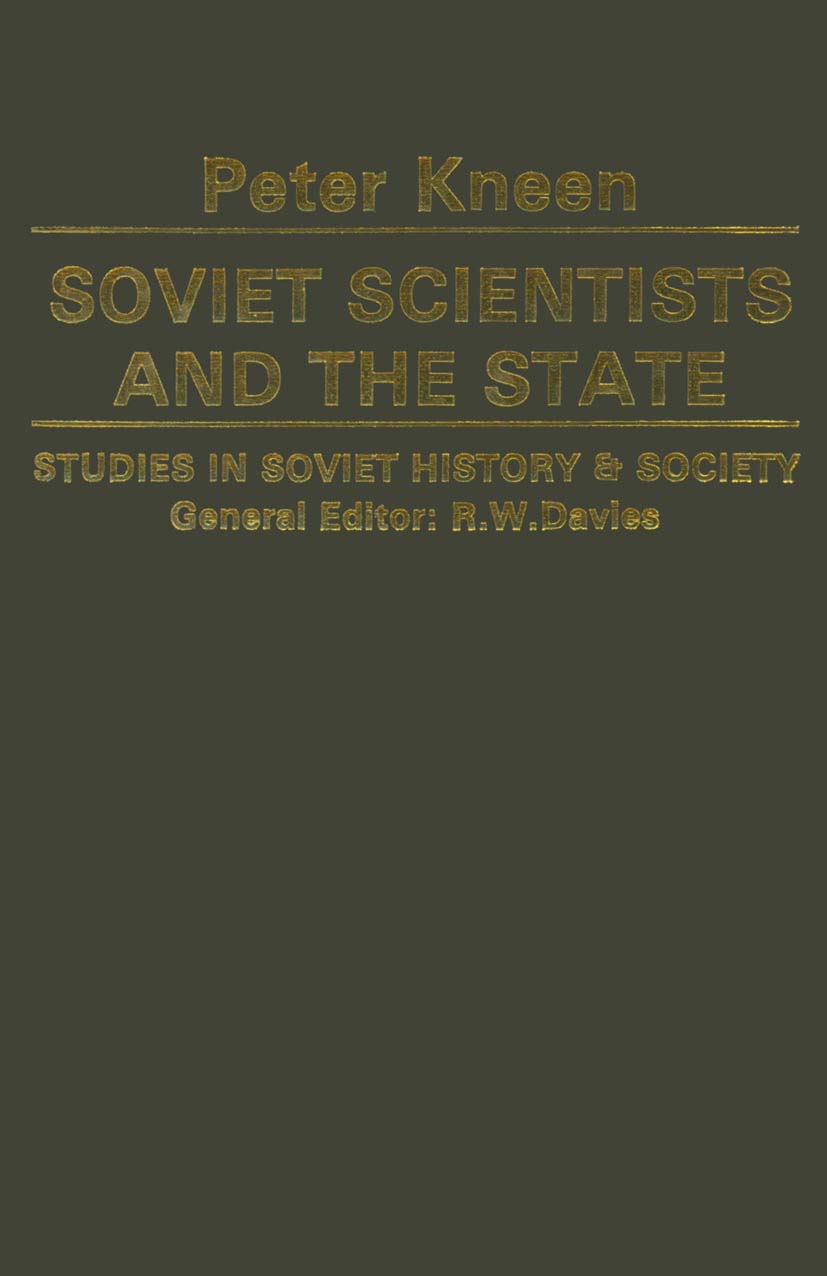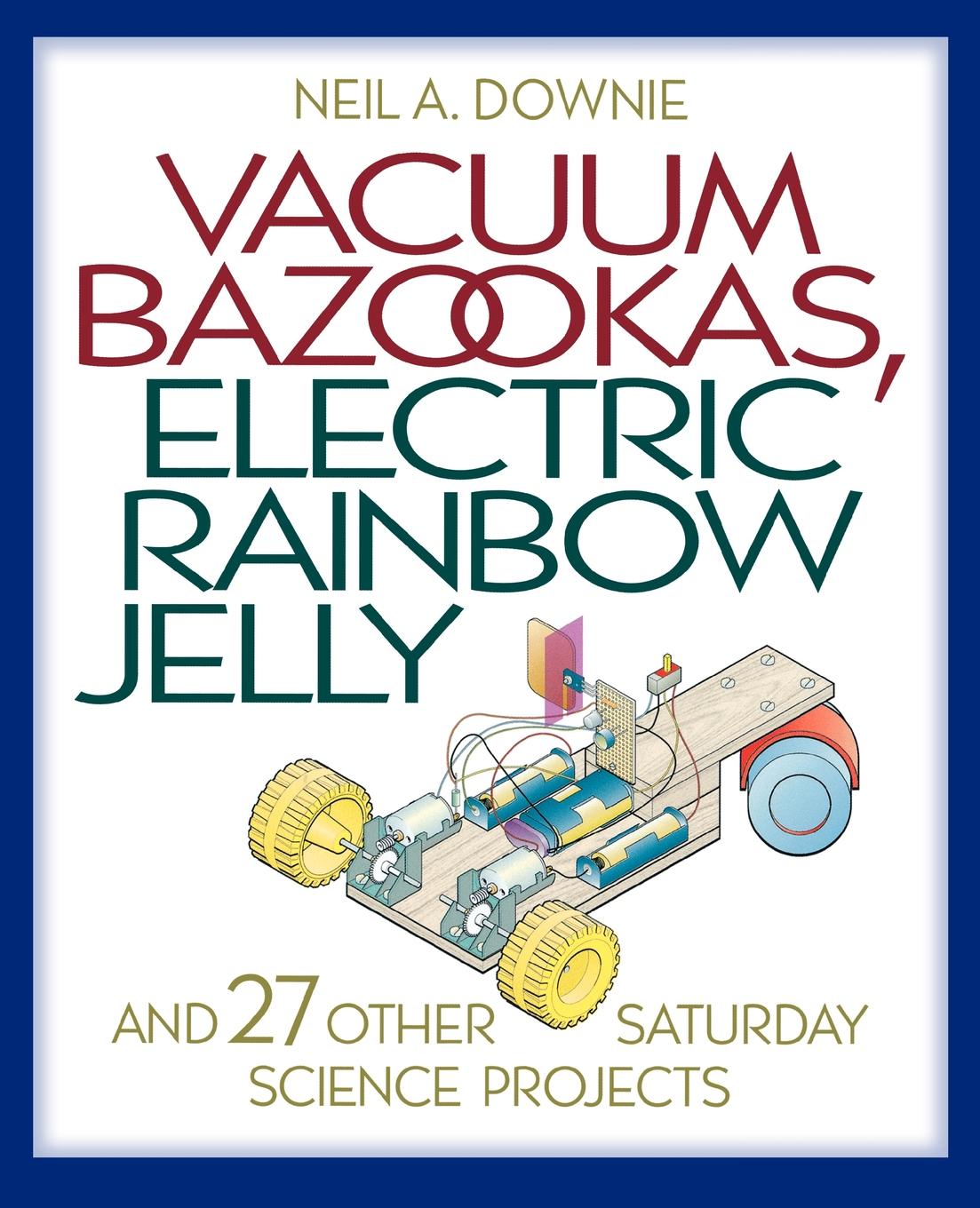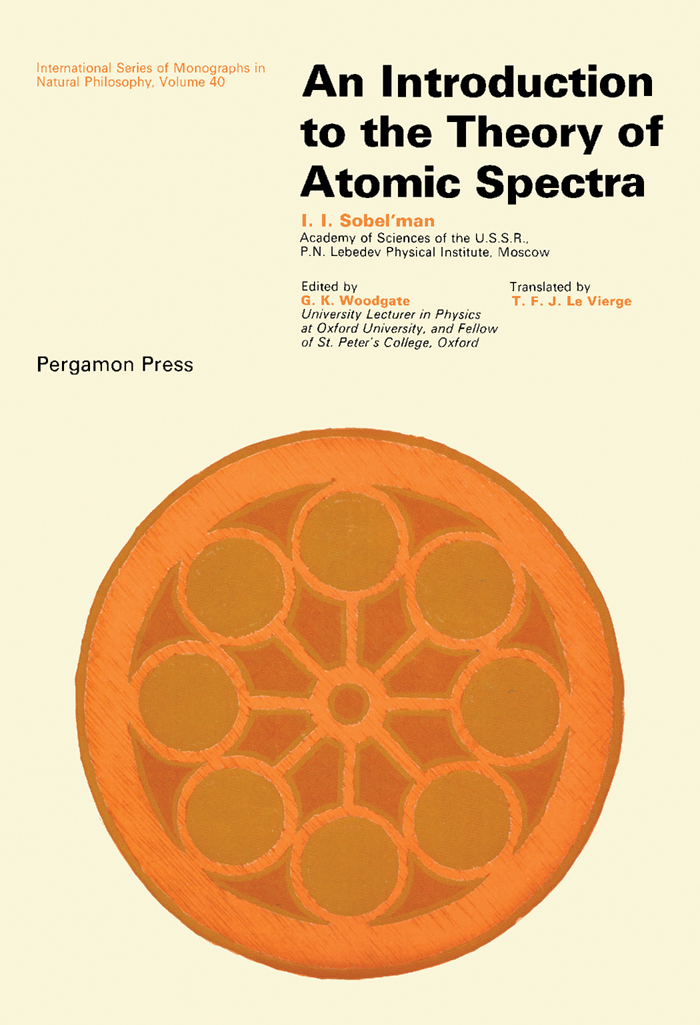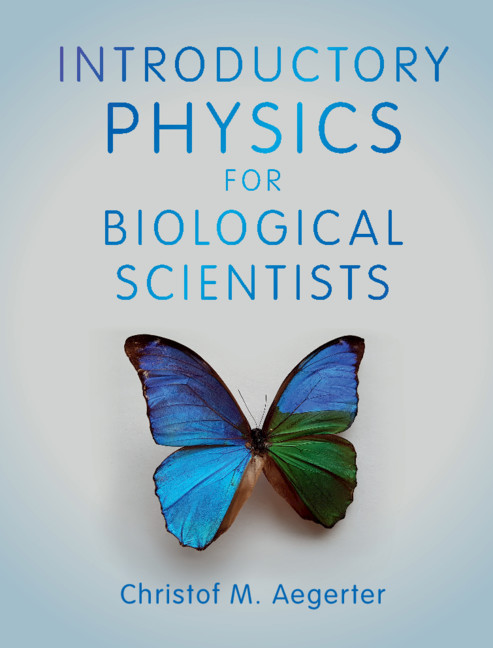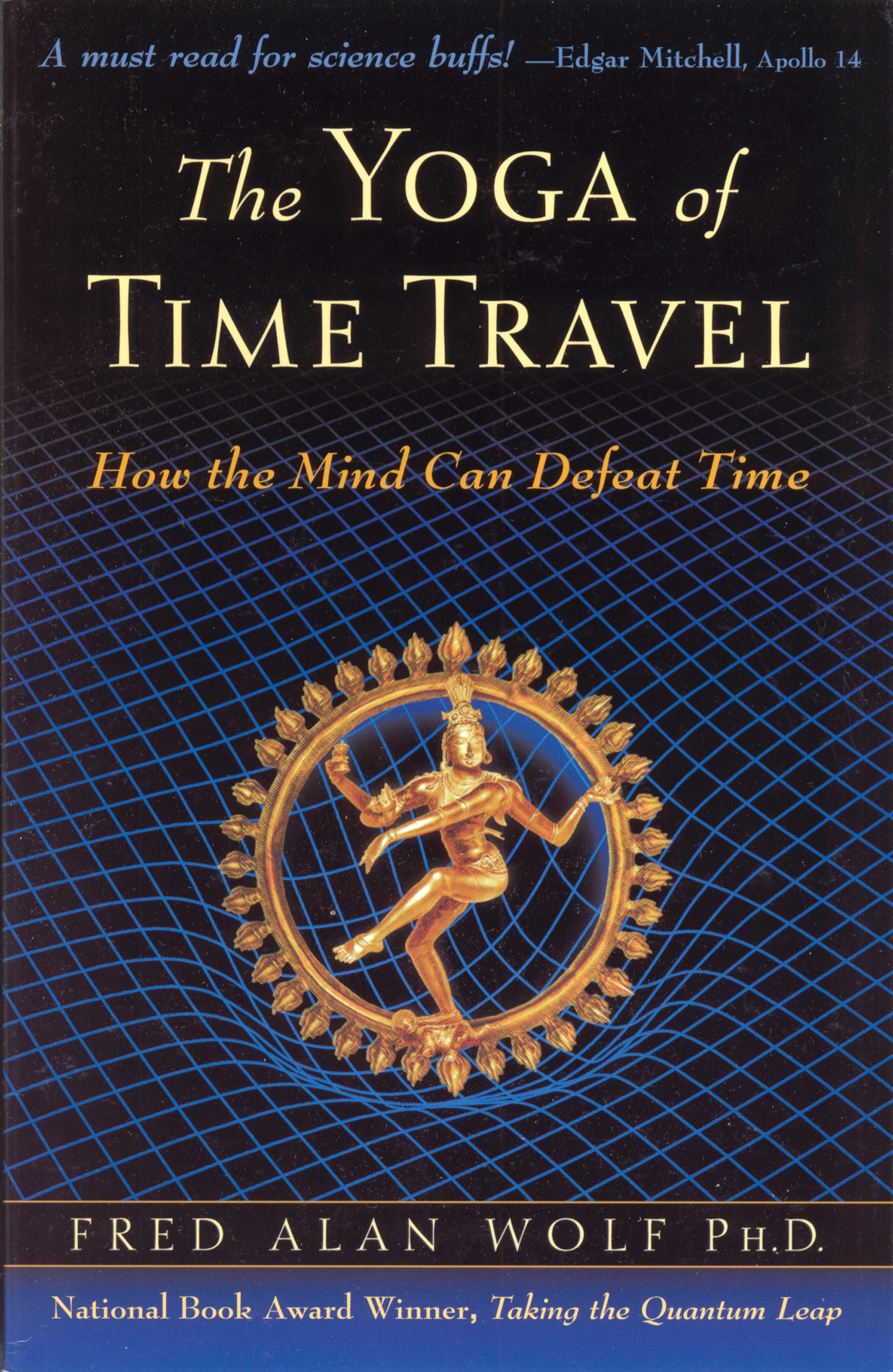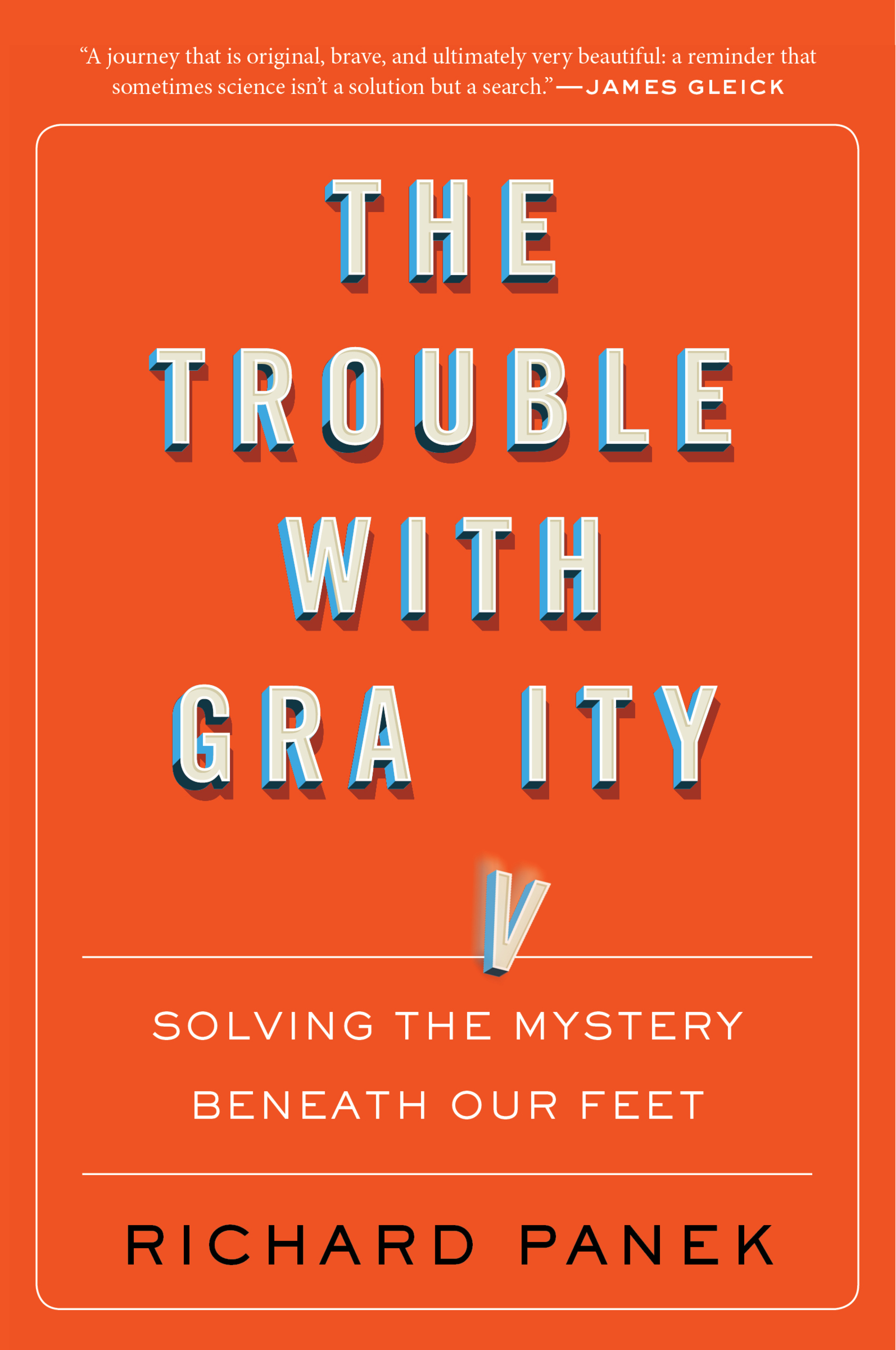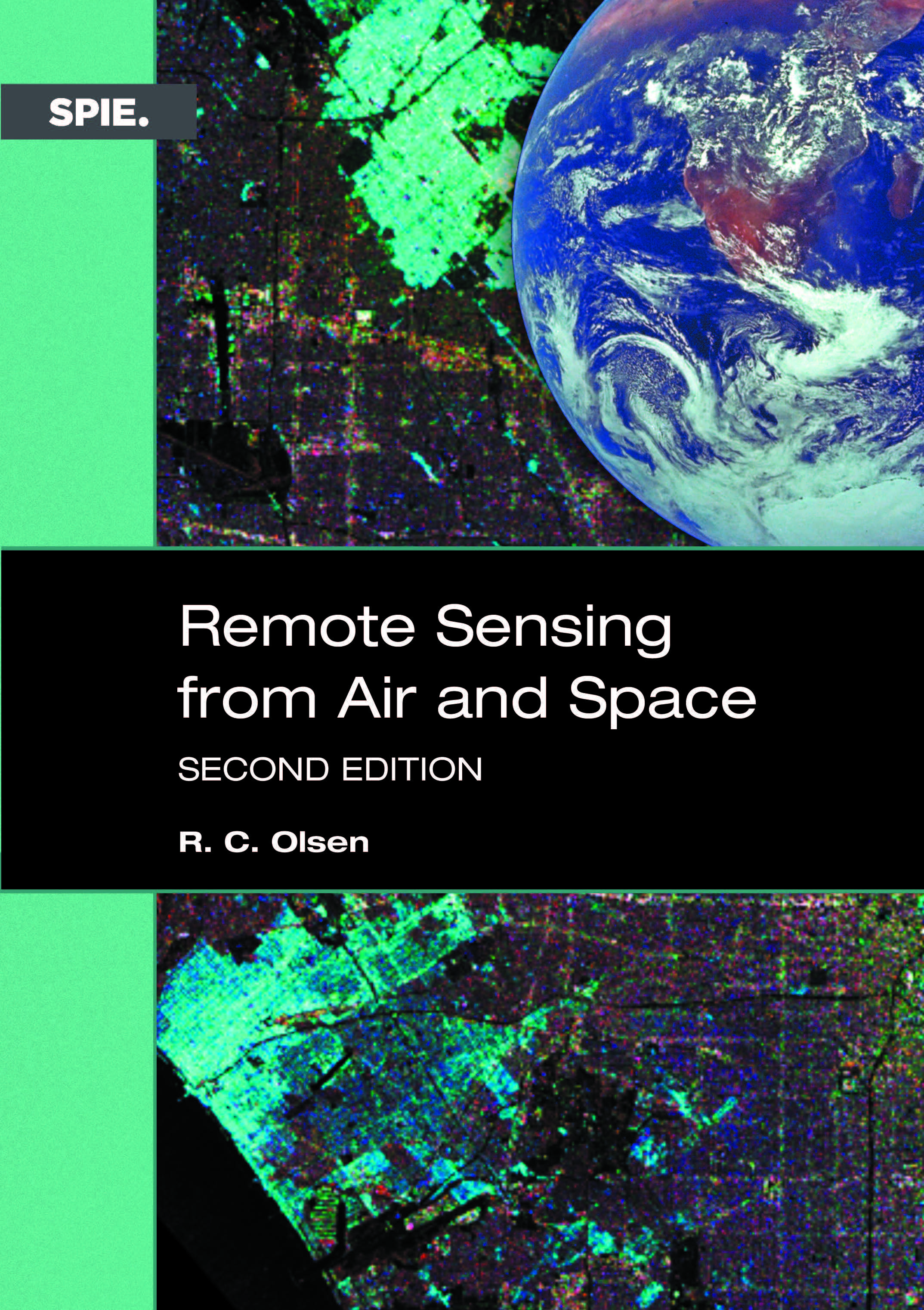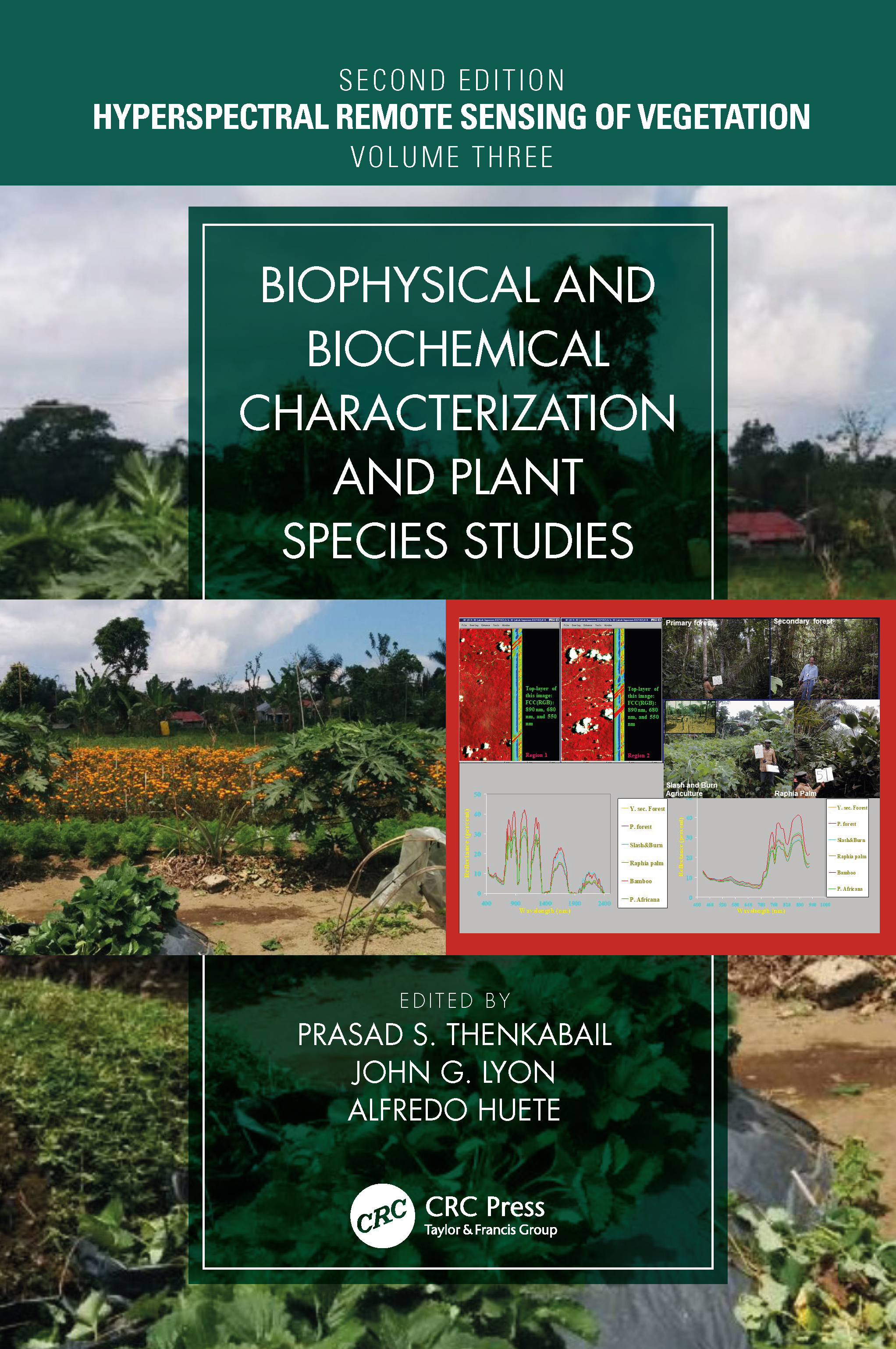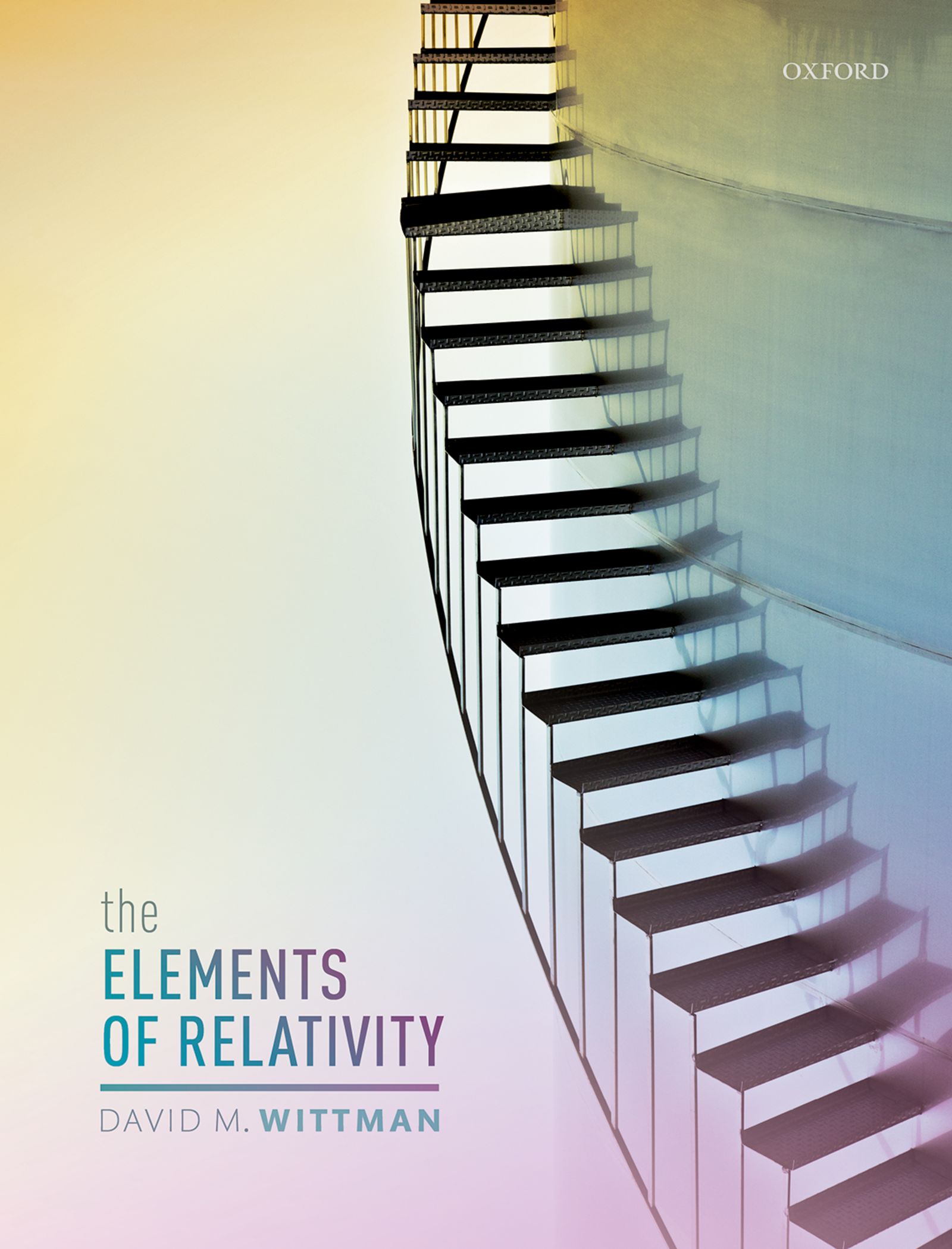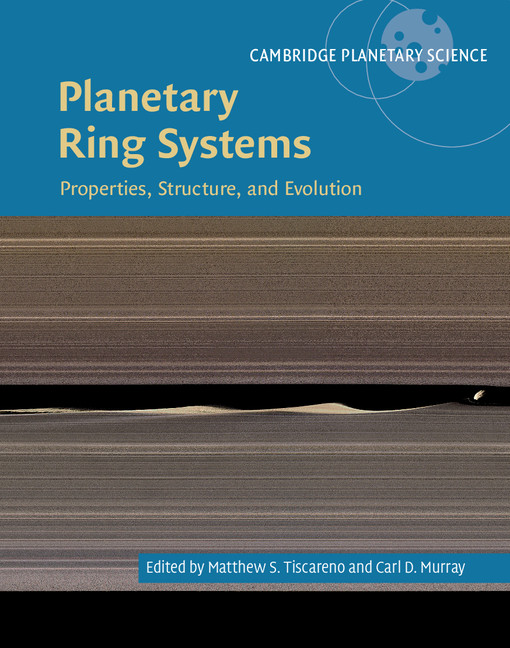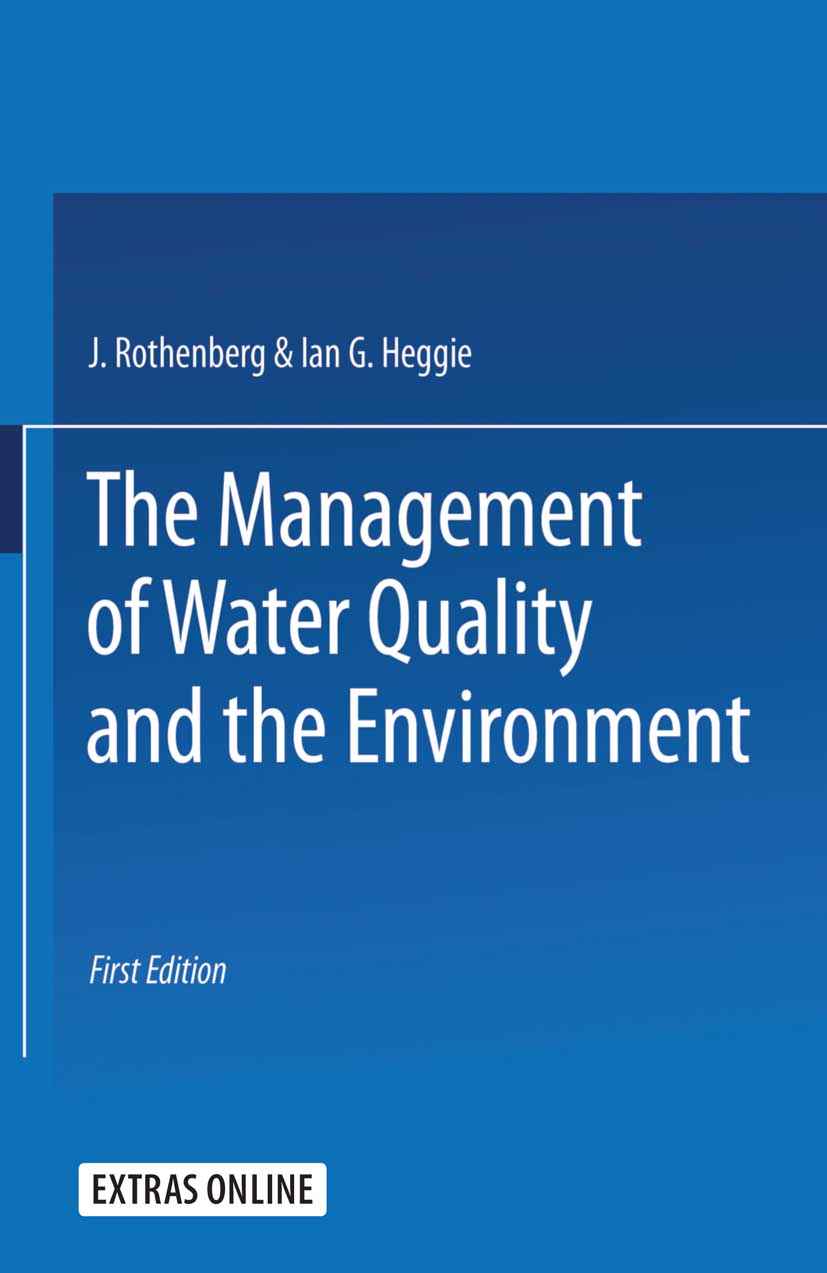Astrophysical and Laboratory Plasmas
Astrophysical and Laboratory Plasmas
The reader has been introduced to a number of topics, taken from Toka mak research, in order to trace the the development of applications of spec troscopy in controlled fusion research over the last 35 years, from the early toroidal devices like ...
Read more
The reader has been introduced to a number of topics, taken from Toka mak research, in order to trace the the development of applications of spec troscopy in controlled fusion research over the last 35 years, from the early toroidal devices like ZETA to present-day Tokamaks. The subject of plasma spectroscopy has grown in sophistication in terms of the expansion of the atomic processes which have to be considered and their associated data base, the complexity of the experimental techniques and the wide range of diag nostic applications. Plasma spectroscopy has increased our appreciation of the subtle role of impurities in determining much of the plasma behaviour. Control of impurities, by techniques such as wall conditioning, magnetic divertors, pellet or atomic beam injection and radiation mantles, offers a wealth of future investigations. Acknowledgements The author would like to acknowledge the help and inspiration he has derived from his students past and present in writing this article. In particular he is indebted toM O'Mullane for his technical help in preparing the manuscript and whose research work is featured in the sections on MARFEs and ion transport. References Abbey, A. F., Barnsley, R., Dunn, J., Lea, S. N. and Peacock, N.J.: 1993, UVand X-ray Spectroscopy of Laboratory and Astrophysical Plasmas. (editors, E Silver and S. Khan) Cambridge University Press, 493. Afrosimov, V. V., Gordeev, Y.S. et al.: 1979, J.E. T.P. Lett. 28, 501. Alper, B.: 1995, p.r.ivate communication, JET.
Less


